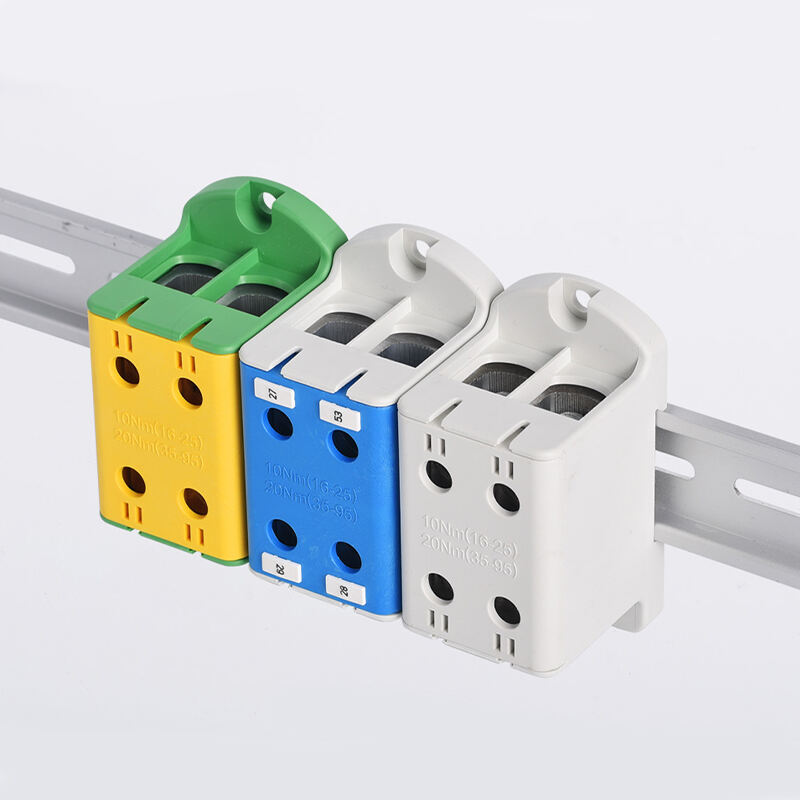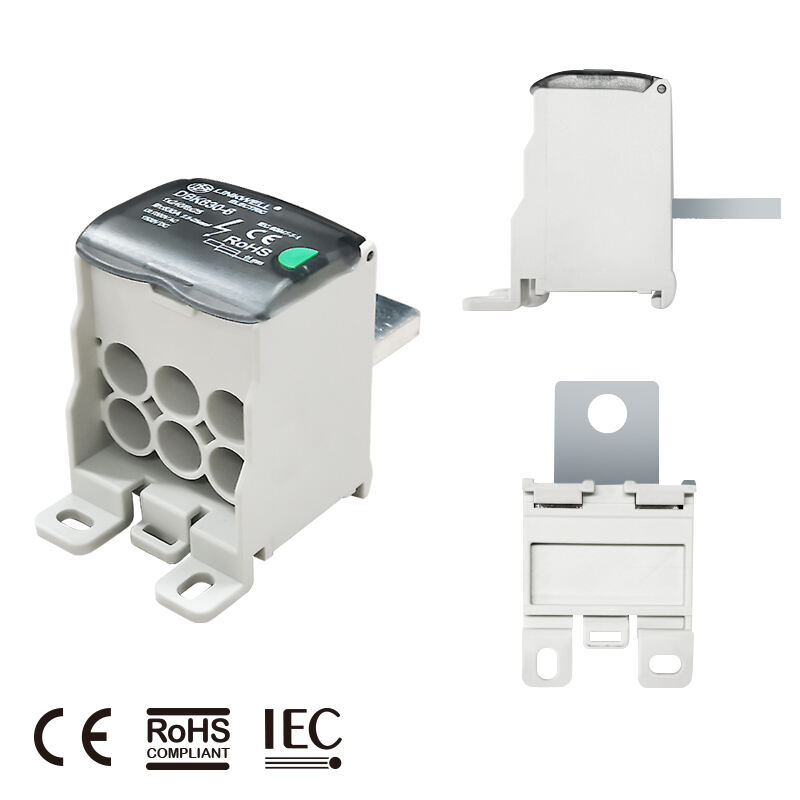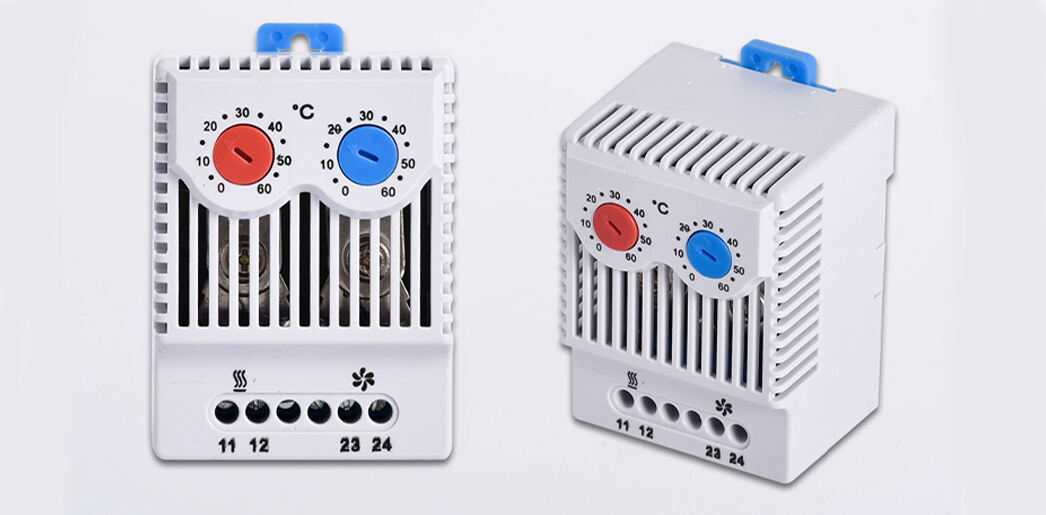Electron terminal blocks are useful in wiring up electricity wires. These blocks simplify the task of both arranging and securing wires that are used in projects such as DIYing a robot or repairing appliances. Let’s discover how elec tron terminal blocks can make those electrical projects of yours easy and convenient.
Elec tron ter mi nal blocks (see Fig ure 1) are small plas tic pieces with space with in to fasten with clamps and using metal. They are wires that hook up without soldering or twisting. This speeds up the process of making electrical connections. Tron terminal blocks are available in various sizes and colors, so you can choose the right one for your project.
Elec tron terminal blocks are very useful when doing work on electrical participation's. Rather than wrestling with wires and twisting to connect them, you can simply slide your wires into the metal clamps on the terminal block! This will save you a lot of time and decrease the chance that you'll make mistakes in your connections.

Electron Blocks Are User-Friendly. It is easy to tell positive from negative connections thereby connecting your wires correctly. There are also metal clamps positioned inside the blocks that help to ensure the wires remain connected and you won’t have to worry about them coming loose. This means set up is easy and friendly - even the inexperienced.

InThefactorywheremanywiresareconnectedandorganized, elec tron terminal blocks are most useful. These blocks facilitate fast and safe connections, saving time and effort. Electron terminal blocks allow machines to be built more easily and serviced in less time and at lower cost.

Your projects will be enhanced and develop faster with elec tron terminal blocks. Quick and easy to install, they provide a more reliable means of connecting wires. Elec TRON terminal blocks whether you're working on a small project or a big machine, elec tron terminal blocks will allow you to complete your task faster.
Our own R and D and design elec tron terminal blocks in China to meet private customization needs. The product defect rate managed to below one thousandth, which far less than the standard set by international standards of 3000ths. Our products are energy-efficient, high-value, and environmentally friendly.
International certifications in multiple countries that include UL, CE CCC ROHS and others, are available for products of the elec tron terminal blocks. To meet demands of customers, we work many well-known brands.
With over 20 years experience We have been focusing providing one-stop solutions to electrical control cabinet accessories. Having production and manufacturing center covers 45000 square metres. Agents across elec tron terminal blocks countries, including Europe, Asia, Malaysia, etc.
We'll pack your product carefully according to your needs. We will provide with elec tron terminal blocks transportation options. We offer comprehensive pre-sales, sales, after-sales services.

Copyright © Linkwell Electric (Shanghai) Co., Ltd. All Rights Reserved - Privacy Policy | Blog